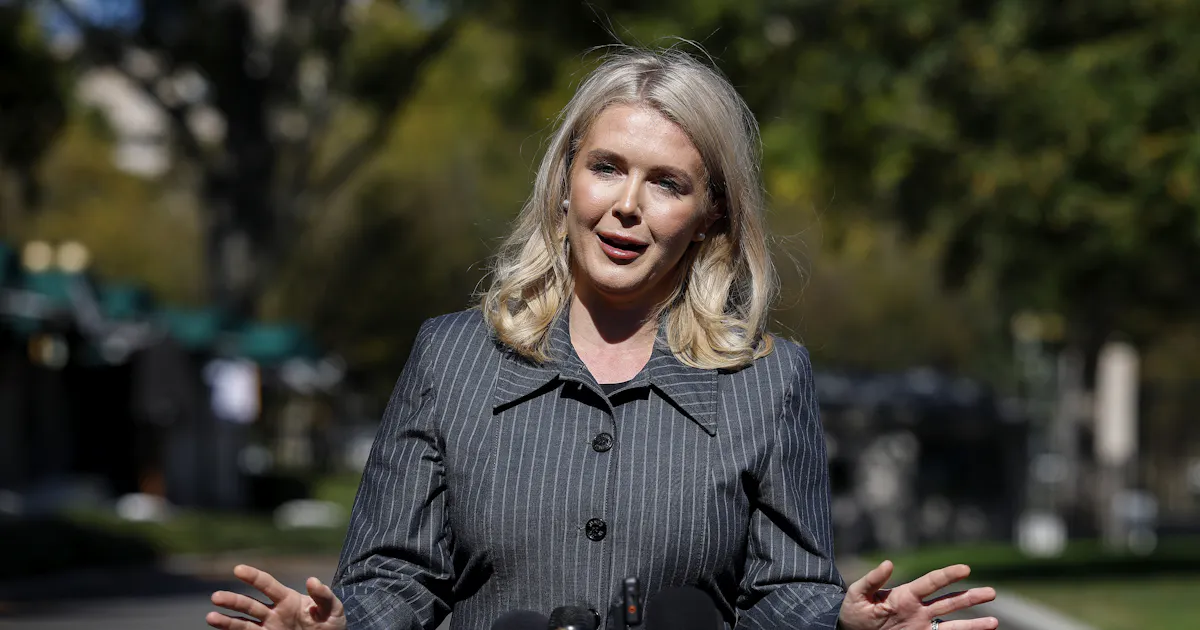Copyright Charleston Post and Courier

GREENVILLE — Former state Sen. Lee Bright seems poised to retake the seat he once held after winning the Republican special primary for S.C. Senate District 12. Bright won roughly 50.9 percent of the vote in the Oct. 21 primary, according to unofficial tallies, defeating Republicans Justin Bradley and Hope Blackley, who picked up 21.9 and 27.2 percent of the vote, respectively, according to state election commission results. Bright is almost certain to win the seat representing deeply red and rural parts of Greenville and Spartanburg counties. There isn’t a Democrat running in the special election in December. The state is holding a special election after former Sen. Roger Nutt resigned in August for medical reasons. While state Rep. Bobby Cox — a lobbyist for firearms giant Sig Sauer and an architect of the state's permitless carry law — resigned from the House to run for Nutt’s seat, he withdrew from the race before the primary. Bright, who is from Spartanburg, served in the state Senate from 2008 to 2016 and ran for Nutt’s seat last year. He was one of the state’s staunchest abortion foes, condemned same-sex relationships, opposed lowering the Confederate flag from the Statehouse and suggested at one point that South Carolina should have its own currency. He ran against Bradley, a former Spartanburg County Council member, and Blackley, former Spartanburg County Clerk of Court and district director for U.S. Rep. William Timmons’ office, who also ran for the seat last year. Bright has tried and failed to make a comeback before, losing an election for U.S. Sen. Lindsey Graham’s seat in 2014 and another for Timmons’ 4th District seat in 2018. He faced bitter opposition in his bid for Nutt’s seat in 2024, making the Senate District 12 Republican primary one of the most expensive in the state that election cycle. This year he campaigned as a proven fighter, promising to advocate for individual freedoms and fight the “Columbia establishment.” He’s running on a platform of judicial reform, abortion opposition, Second Amendment protections and reducing spending in Columbia. “We passed the heartbeat (abortion ban) bill; there's so much more we can do,” Bright told voters at a debate Oct. 16. “We've gotta make sure that we are the most pro-life state. Everything — whether it's gun rights, the life issue, the income tax — we're always behind. And we're behind because Columbia, the swamp, controls who goes there.” Bright outraised Blackley and Bradley with over $100,00 in his account, although he accused Bradley of being bankrolled by establishment Republicans in the Senate Caucus. Bradley fired back at Bright in comments to The Post and Courier, saying he was the only one in the race who hadn’t taken trial lawyer money. South Carolina has wrestled with judicial reform as state lawyer-legislators vet and vote on judges they might eventually appear before. Bright raised $1,000 from KD Trial Lawyers in Spartanburg and $1,000 from Joye Law Firm Injury Lawyers. He also accepted donations from lawyers Sen. Tom Fernandez of Summerville, Joshua Henderson of Sunset and Bill Hogan of Simpsonville, according to campaign finance records. House District 21 special primary goes to runoff The special Republican primary for House District 21, a seat formerly held by Cox, will go to a runoff since no candidate captured more than 50 percent of the vote. House District 21 encompasses southern Greer, Taylors, Roper Mountain, Sugar Creek, Pelham Road and parts of Five Forks. Among the candidates are Reggy C. Batson, a Greenville native who is retired from the fire service and law enforcement agencies, who got 20.5 percent of the vote; Steve Nail, dean of the College of Business and Economics at Anderson University, who received 39.0 percent of the vote; Jack Stott, a 21-year-old Greenville-area activist who currently serves as treasurer for the South Carolina Young Republicans, who garnered 3.6 percent of the vote; and Dianne Mitchell, who got 37.0 percent of the vote. Mitchell served as president of the Greenville Republican Women's Club and spearheaded efforts to pass the Save Women's Sports bill, which prohibits people whose biological sex at birth was male from participating in female-only sports. The race will go to a runoff Nov. 4. The primary wasn’t without drama. Earlier Oct. 21, former Rep. Adam Morgan, who founded the S.C. Freedom Caucus, shared screenshots on X, formerly known as Twitter, accusing a fake group of sending out texts without a funding disclosure in attempts to convince voters that Mitchell, a Freedom Caucus candidate, was backed by Democrats in the Republican primary. “My team has researched all the candidates in this race and we think that Ms. Dianne Mitchell will be our best bet in the state house,” the screenshot read. “She will work with us to help turn Greenville purple. She has progressive ideas and wants to see Greenville move forward.” “Shockingly deceitful campaigning & new lows for SC politics,” Morgan wrote. South Carolina has open primaries, meaning registered voters of any party can participate in one primary of their choosing. Some Republicans have called for the state to close its primaries by party to prevent Democratic influence. The Freedom Caucus called on Attorney General Alan Wilson to investigate what they said was election interference immediately.



